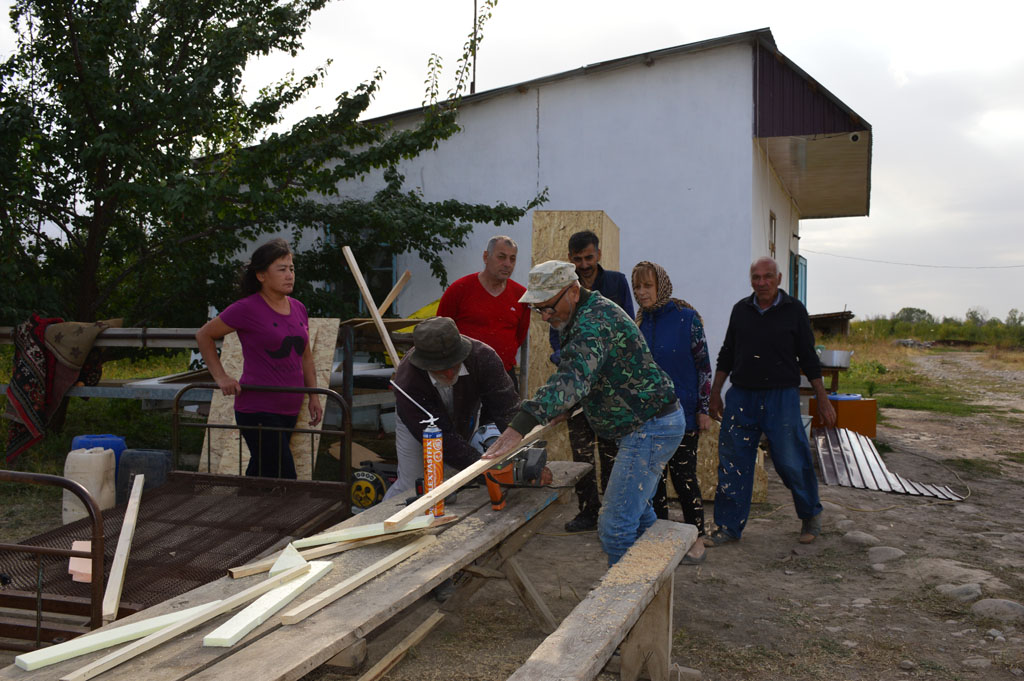Climate change is a global issue that requires local actions. To address this issue, the Regional Environmental Center for Central Asia, within the framework of the implementation of the Climate Change Adaptation and Mitigation Program for the Aral Sea Basin (CAMP4ASB), with the assistance of the Network of Sustainable Development Experts of Central Asia, conducted the second series of trainings for farms, SMEs, local communities, associations and NGOs in applying climate-resilient technologies to adapt to climate change at the local level.
In total, 35 trainingswere organized: in Kazakhstan - 7, in Kyrgyzstan - 7, in Tajikistan - 7, in Turkmenistan - 7 and in Uzbekistan - 7. In total, about 800 participants received new knowledge.
As part of these trainings, participants:
- Were familiarized with the problems of climate change, taken and possible measures to adapt to climate change at the national, regional and local levels, as well as with the materials of the CAMP4ASB project and conferences on climate change;
- Were informed about climate-resilient technologies available for practical application at the local level in the energy, agriculture and water sectors;
- Got practical skills in the manufacture or application of technologies applicable to the local needs, climatic and other features and conditions.
Besides, within the framework of these trainings, three types of questionnaires were conducted: before the start of the training - about the participants' awareness of climate change; during the training - about technology awareness; after completing the training - about the results of the event.
As a result of the study, it was found that currently, there is a need to increase the number of trainings and expand the list of technologies for practice. Besides, there is a need to build farmers' and households' networks to exchange technologies and experiences.
In general, this series of trainings has demonstrated its relevance for local communities, farmers and households in all Central Asian countries. This initiative's further development could be significantly facilitated by creating demonstration sites at the local level, the establishment of special microcredit funds, the development of user networks, and an increase in expert support.
